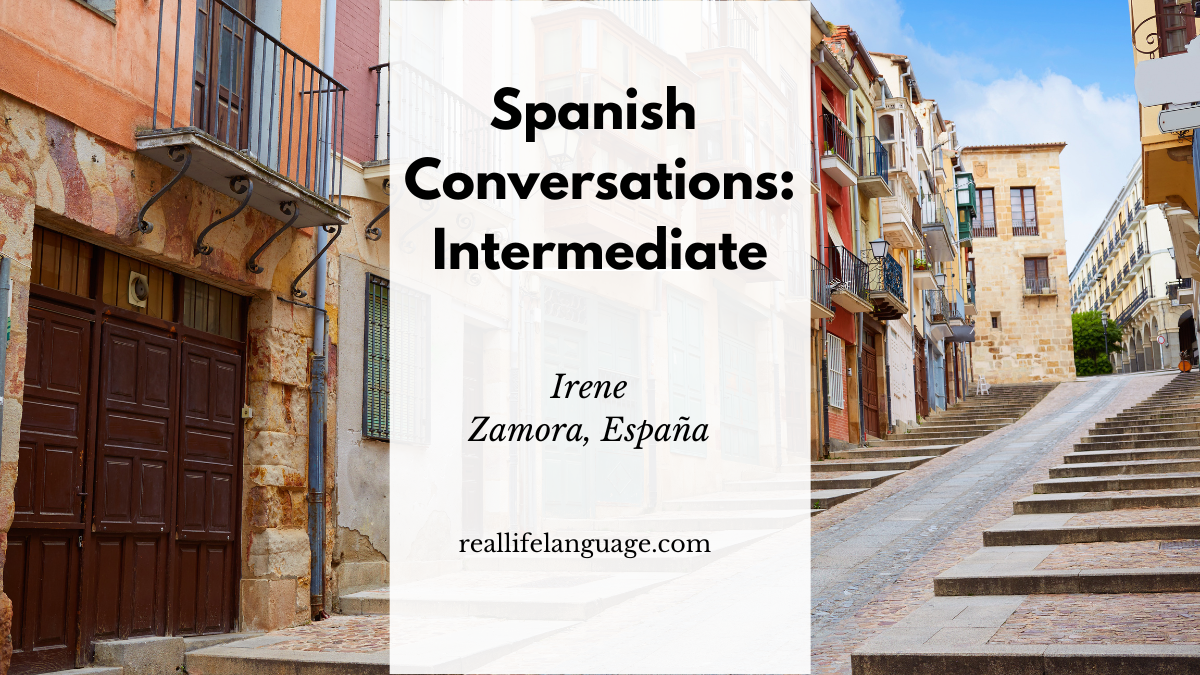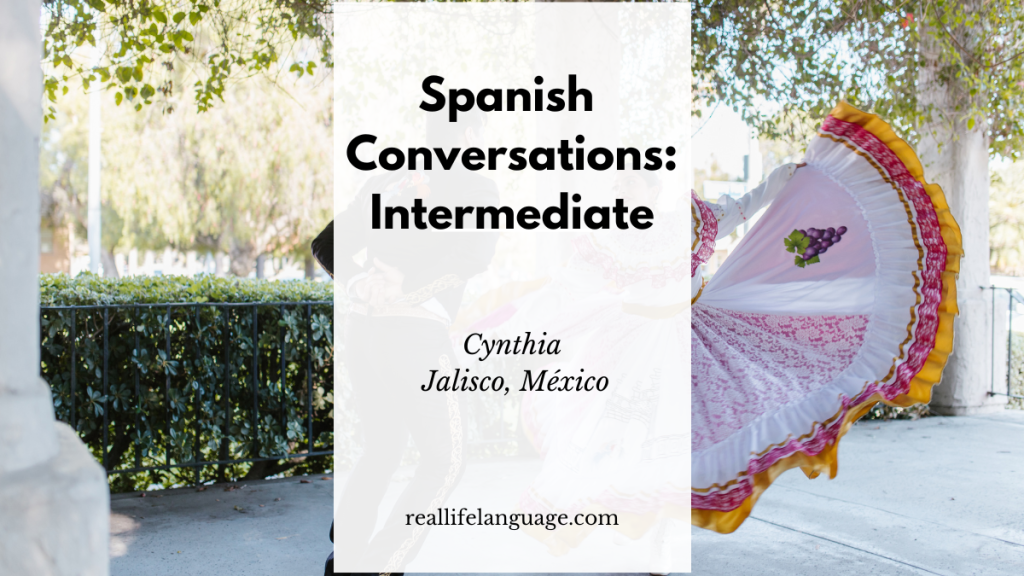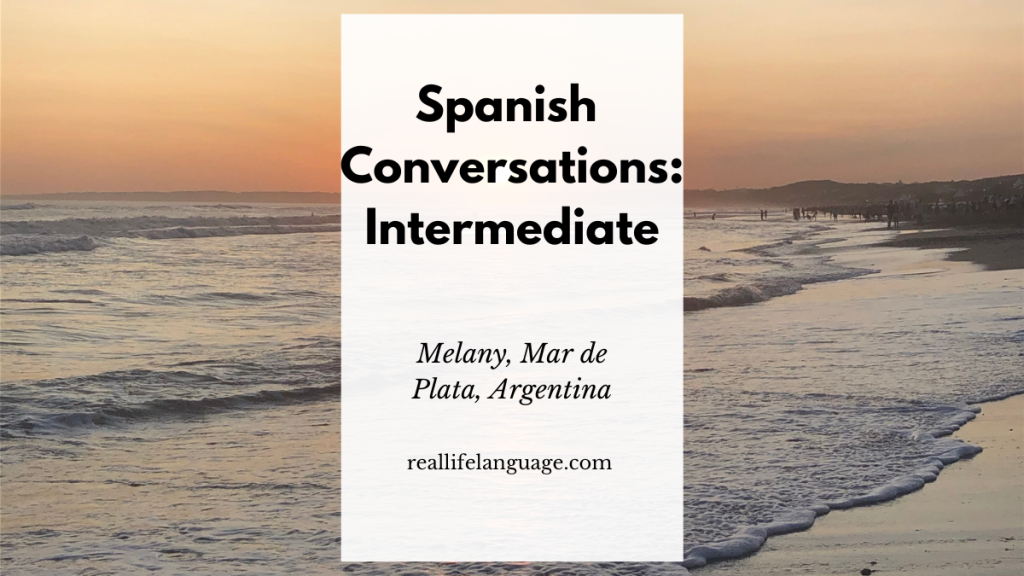
This article draws inspiration from a relaxed conversational video and offers practical ways to learn Spanish by listening to real people talk about travel, food, festivals and daily life. It is written in third person and focused on learners who want vocabulary, useful phrases and cultural tips taken from natural conversation. If the reader wants to learn Spanish in context, the examples below mirror authentic moments: surprises abroad, cooking classes, city festivals and reflections on work and health.
Overview: what the conversation covers
The speaker recounts recent experiences abroad (a surprising night in Georgia, a cooking class making a Georgian cheese bread), memories of a vacation in Spain, plans for the future (returning to study and teaching), and reflections on Spanish culture: festivals, food habits like the sobremesa, nature, art and the challenges young people face in the job market and public services.
Listening for vocabulary: travel and nightlife
Key moments from the conversation can be used to practice travel-related Spanish. Useful phrases and short dialogues help learners prepare for small talk in bars, at concerts and when meeting strangers.
Useful phrases
- ¿Sois españoles? — Are you Spanish?
- ¿Qué es esto? — What is this?
- Vamos a esperar a ver — Let’s wait and see
- ¿Os apetece venir a la fiesta? — Do you feel like coming to the party?
- ¡Qué sorpresa! — What a surprise!
Mini dialogue: at a bar
Practice this short exchange aloud to work on pronunciation and rhythm.
- A: ¿Sois españoles?
- B: Sí, somos de Madrid.
- A: ¿Os gustó el concierto?
- B: Sí, mucho. ¡Fue muy surrealista!
Food and cooking: learning through taste
The speaker describes attending a Georgian cooking class where they made a bread with cheese and an egg in the center. This is a great opportunity to learn food vocabulary and practice ordering or describing dishes in Spanish.
Food vocabulary
- pan con queso — bread with cheese
- huevo — egg
- masa — dough
- relleno — filling
- clase de cocina — cooking class
Phrase for describing recipes
Useful sentence to describe what they did: Hicimos la masa, pusimos el relleno y horneamos el pan. — We made the dough, put the filling and baked the bread.
Festivals and social life: phrases and cultural notes
The conversation covers Madrid’s most famous festivities and Spanish social customs. These topics are perfect for learners who want to expand vocabulary around celebrations and daily routines.
Festivals mentioned
- San Isidro — celebrated in May; people picnic on the Pradera de San Isidro and wear traditional costumes (chulapo/chulapa).
- La Virgen de la Paloma — religious festival with processions.
- Fiestas del 2 de mayo — commemorates the uprising of 1808; linked to Goya’s painting.
- Other famous national festivals: Las Fallas, Sanfermines, La Tomatina.
Cultural vocabulary and expressions
- terrazas — outdoor terraces (common meeting places)
- aperitivo — pre-meal drink or snack
- sobremesa — the relaxed conversation after a meal
- salir de fiesta — to go out partying
Practice sentence: En Madrid les encanta quedarse en la sobremesa hasta que se hace de noche. — In Madrid people love to stay chatting after a meal until it gets dark.
Work, study and the future: grammar and vocabulary practice
The speaker talks about returning to Spain to study for a master’s degree and hopes to work as a teacher. This is an opportunity to practice future forms and career-related vocabulary.
Useful verbs and phrases
- volver — to return (Voy a volver a España = I am going to return to Spain)
- hacer un máster — to do a master’s degree
- trabajar en colegios públicos — to work in public schools
- oposiciones — civil service exams
Grammar tip: future intentions
To express plans or intentions, learners can use ir a + infinitive (e.g., Va a estudiar) or the simple future (Estudiará). Both are common in spoken Spanish.
Society and wellbeing: key vocabulary
The speaker discusses public healthcare, taxes for the self-employed and unemployment. These topics offer advanced vocabulary for learners who want to engage in discussions about society.
- seguridad social / sanidad pública — social security / public healthcare
- autónomo — self-employed person
- paro — unemployment
- pensiones — pensions
Example sentence: La sanidad pública es buena, pero a veces hay largas listas de espera. — Public healthcare is good, but sometimes there are long waiting lists.
Practice activities to learn Spanish from this conversation
- Listen and shadow: play short segments and repeat aloud to mimic rhythm and pronunciation.
- Write a short summary in Spanish about one anecdote (e.g., the unexpected concert or the cooking class).
- Role-play the mini dialogue with a partner, switching roles to practice questions and responses.
- Make flashcards with festival names, food words and civic vocabulary, then use them in sentences.
- Record a 1-minute spoken paragraph about future plans using both ir a + infinitive and the simple future.
Conclusion
Everyday conversations like the one described here are excellent material to learn Spanish in context. By focusing on vocabulary for travel, food, festivals and public life, learners can build practical language skills and cultural understanding. Practise the phrases, try the activities and use short dialogues to build confidence — listening to real speech is one of the most effective ways to learn Spanish.
“We stayed to listen to the concert… it was very surreal.”
100s of videos to learn Spanish:
https://real-life-language.kit.com/b1531a6404
Learn Spanish with an Intermediate Conversation: David from Mexico City

